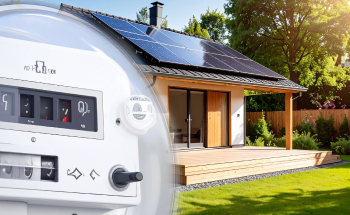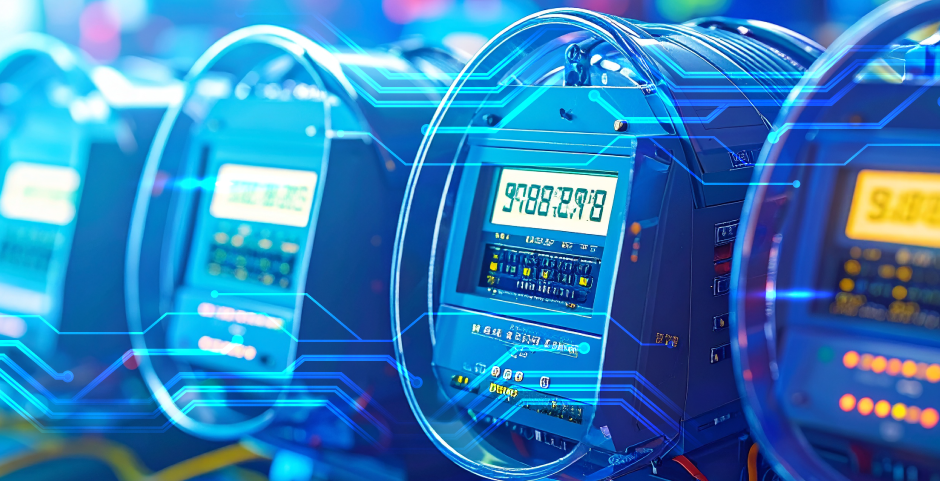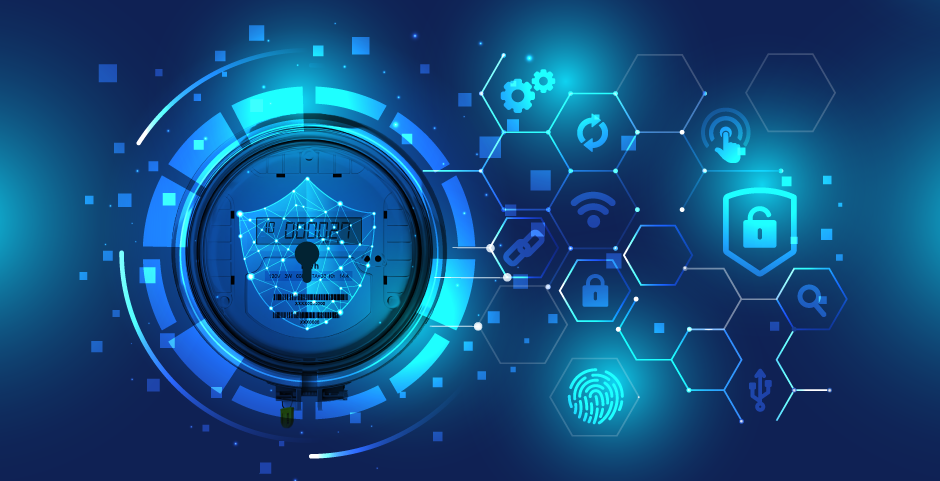How Smart Meters can help utilities with managing EV proliferation
Shwetha Bhat October 30, 2024

Shwetha Bhat October 30, 2024

With many countries pursuing their carbon neutral goals, policies are framed to boost the usage of Electric Vehicles. This may give some tough times for power utilities in terms of increased capacity requirements and unpredictability of the loads connected in their distribution network.
Some of these challenges faced by utilities can be addressed well without major hardware changes or capacity upgrades. Smart energy meters, which are already existing, can be utilized to act as an intermediary or messenger with some intelligence, between the grid operator and EV charging station.
For example, when a utility is facing a surge in the overall demand it can reduce the max power limit setting in the meter or when facing a dip in the overall demand it can increase the max power limit setting in the meter.
Similarly, day ahead tariff plans can also be conveyed to EV charging systems via the smart meter. This can benefit not only the utility in managing its grid operations better but can also benefit EV charging systems in terms of helping them to decide when it should ramp up the charging or slow down and to optimize the energy bills for their consumers.

July 25, 2025
The world energy scene is being revolutionized by the fast-paced increase of decentralized renewable energy sources like rooftop solar, wind microturbines, and energy storage in batteries. batteries. The driving force…
Know More
July 25, 2025
Smart metering has evolved significantly over the last two decades as it became a building block of modern energy management solutions. At the core of the evolution is the DLMS/COSEM…
Know More
July 25, 2025
As the energy sector undergoes rapid digital transformation, smart metering has emerged as a foundational technology in modern utility networks. By enabling real-time monitoring, automated billing, and remote disconnection, smart…
Know More